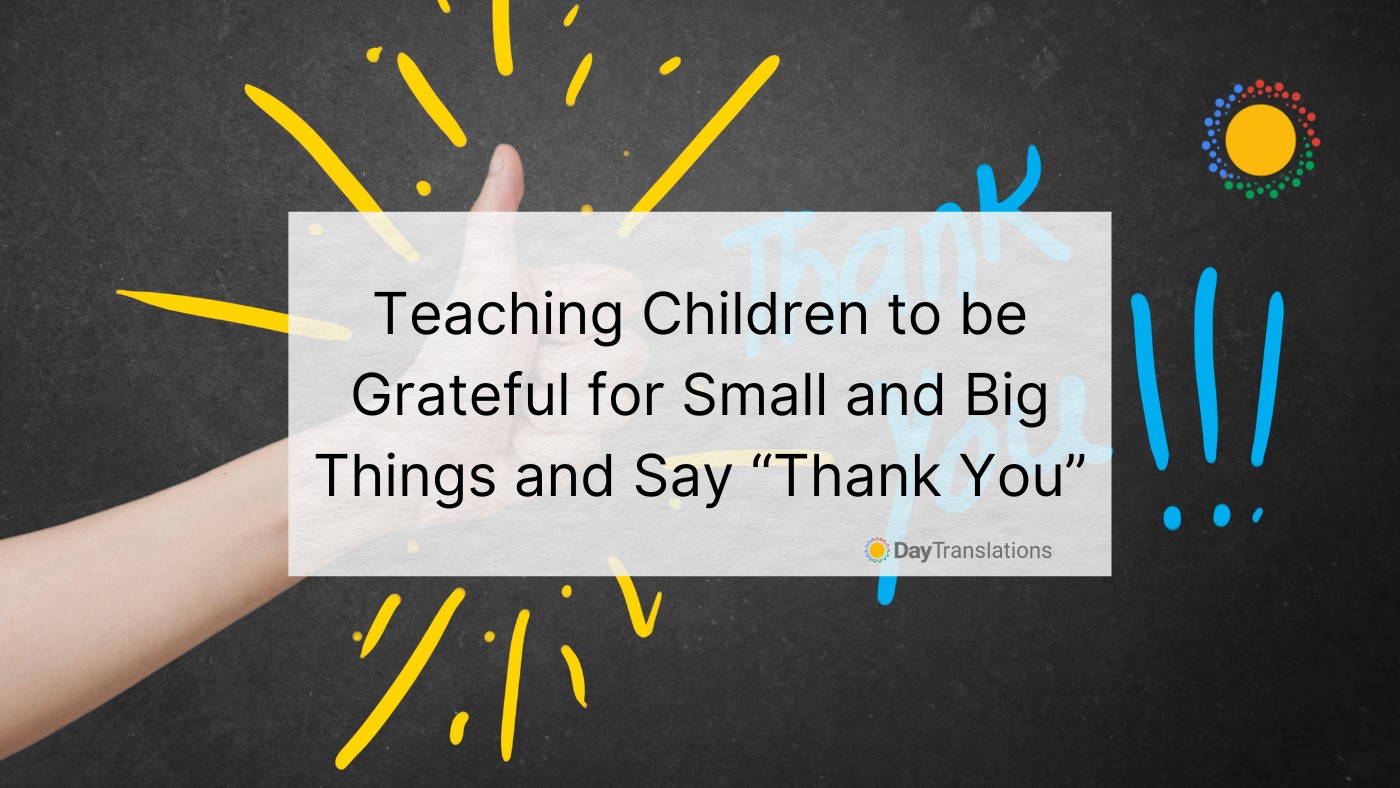In everyday conversations, people sometimes get hit in a situation where they fall flat, unable to catch the last word or phrase said by the other party. Sometimes too, they simply cannot comprehend what the other person is saying that they fail to give a coherent reply spontaneously. This is when the word “Huh?” comes into play.
Universal word
In the English language, “Huh?” is classified as an interjection that is uttered like a grunt in fluctuating tonal range. However, despite its being known as a part of speech in English medium, it is considered a universal language since it is spoken out by people across the globe who speak in diverse dialects. Based on a cross-linguistic research conducted by a group of language experts from the Max Planck Institute for Psycholinguistics in Nijmegen, the Netherlands, “Huh?” has the same form and use in all languages worldwide.
Comparison with other words
When compared to other words such as “milk”, which is “milch” in German and “lait” in French, “Huh?” clearly exactly takes the same form and denotes the same function. Evidently, “milch” is different from “lait” and “milk”, although they denote the same meaning. This only means that in order to know the meanings of a word, you need to learn the word itself and the meaning associated to it. “Huh?”, may take another form in certain languages such as Mandarin Chinese (“A?”), Spanish (“E?”) or Dutch (“He?”), yet the form still follows the usage, being that of a short interjection used to express the same sense.
Auto response
The common meaning of “Huh?” in conversations is: “What did you say?” It is actually an automatic response vocalized by someone who did not quite get what he heard. “Huh? I didn’t hear what you said.” – is a classic utterance by a person who wants to clarify what the other person is saying. But although no other word can be used as substitute for “Huh?”, the intonations or manner by which it is said may vary accordingly. For example, the Japanese who are known for their abrupt way of speaking may sound throaty or harsh when they articulate the word, as compared to the manner by which an Italians vocalize it. Nonetheless, the word is used for the same purpose and meaning.
Other uses in varied situations
“Huh?” is used not only to clarify some unheard or misunderstood words during conversations. It is also often utilized as a quick response in certain situations. It is a sign too that you are lost in the conversation and “Huh?” saves you from awkward silence. The expression comes in handy when you need an escape or safety net to ensure continuity in the conversation. It likewise gives a signal for the other speaker that he must continue speaking, or that he must speak again so that you will get back in the groove of the ongoing discussion.
Give and take
One amusing thing about “Huh?” is that both participants in a conversation may use it in a sort of give and take process. There is no rule governing the use of the word and anyone can say it at any point in a dialogue. There is no need for contextual clues because the speakers will just speak it out whenever there is a need for them to do so – either to express confusion, to seek clarification or simply get the conversation going.












Sorry, the comment form is closed at this time.